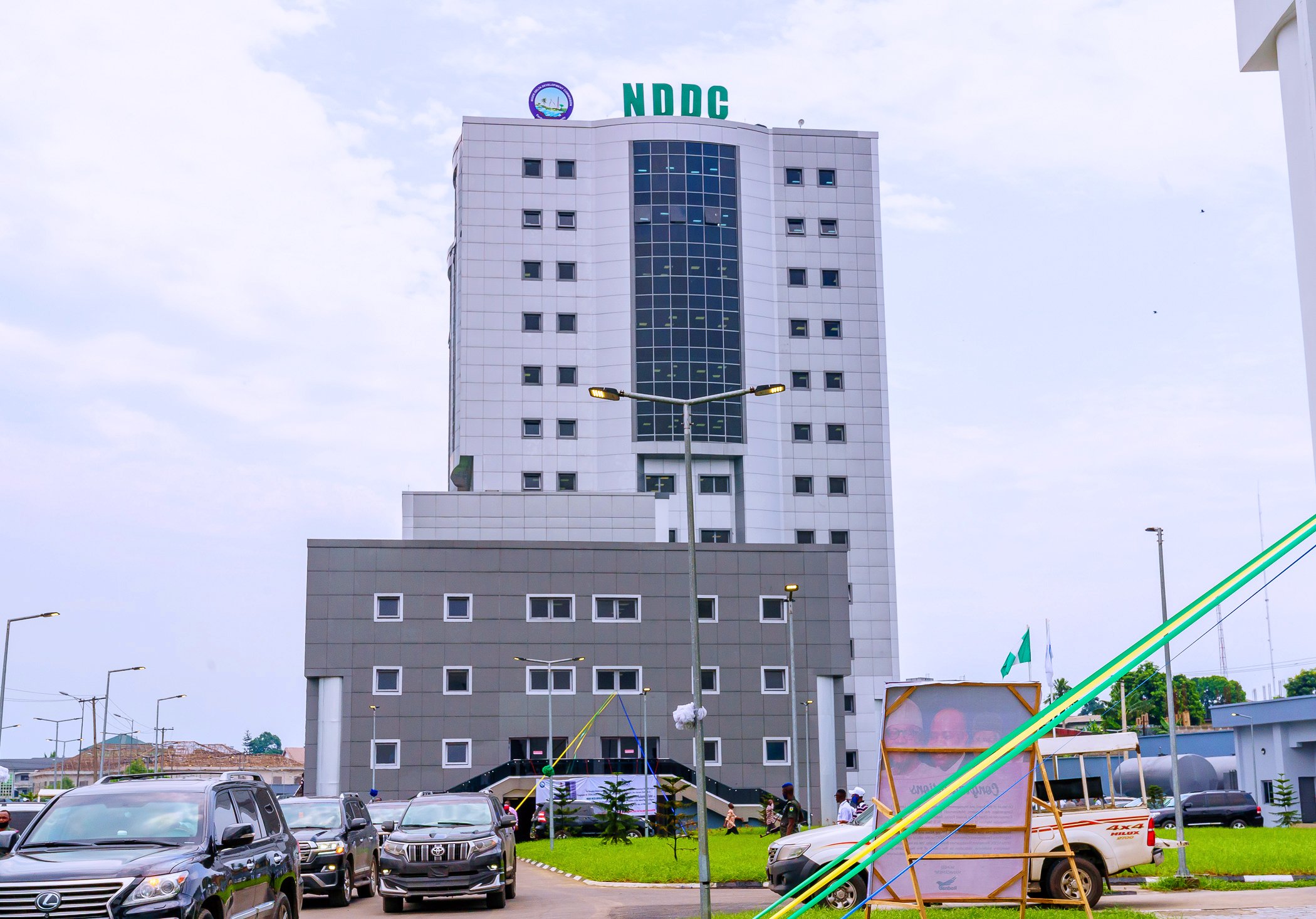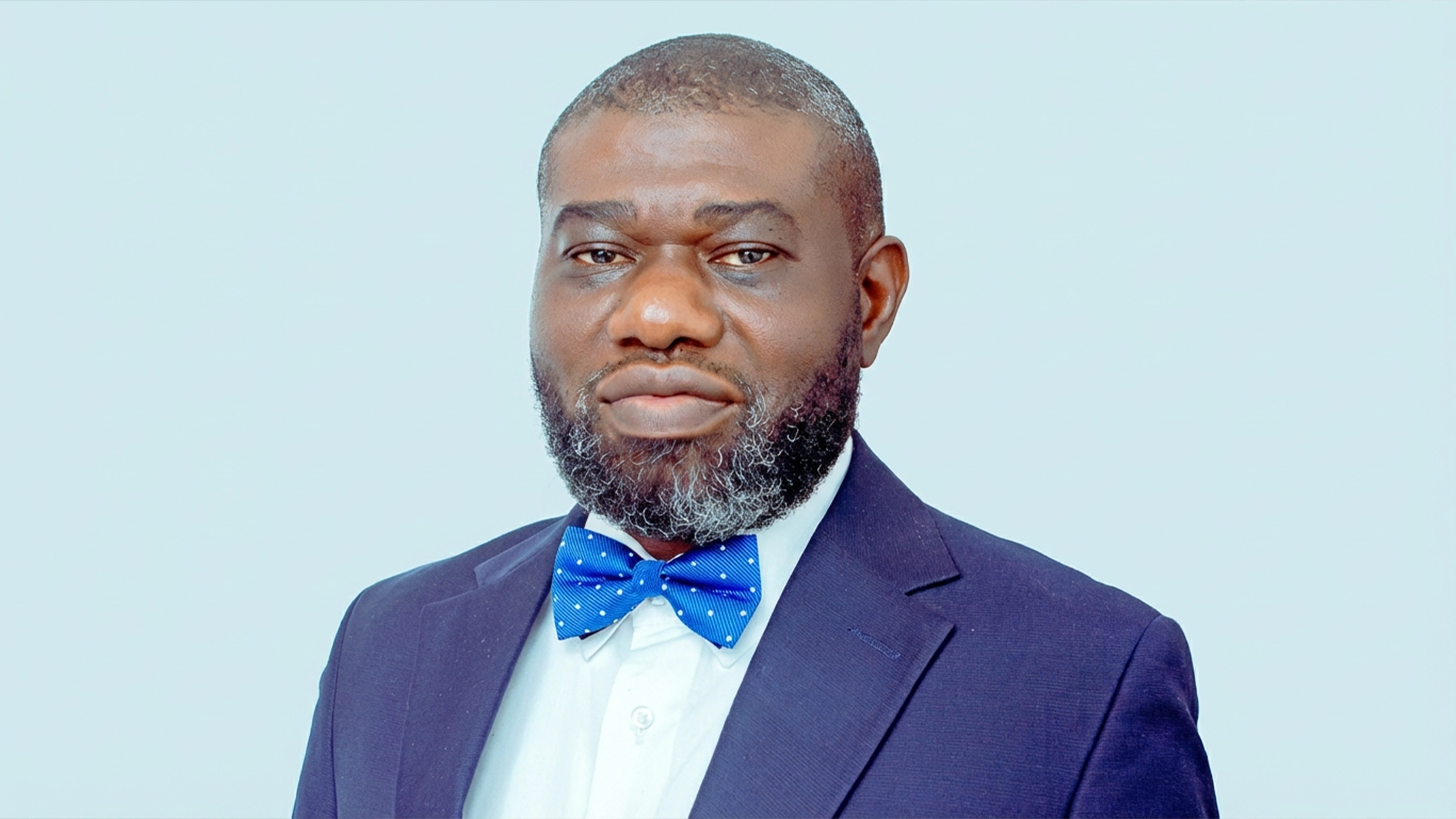 Sir: Public policy, going by experts’ definition, is an institutionalised proposal or a decided set of elements like laws, regulations, guidelines and actions to solve or address relevant and real-world problems, guided by a conception and often implemented by programmes and encompasses what the government does, or does not do to solve a problem in society.
Sir: Public policy, going by experts’ definition, is an institutionalised proposal or a decided set of elements like laws, regulations, guidelines and actions to solve or address relevant and real-world problems, guided by a conception and often implemented by programmes and encompasses what the government does, or does not do to solve a problem in society.
Correspondingly, policy making and problem solving are what citizens expect from their elected and appointed government representatives once they have taken office, and are entrusted with serving their constituency.
A veritable example is the people-oriented and sustained development minded actions and policies of the Mr Chiedu Ebie led Governing Board and Management of the Niger Delta Development Commission (NDDC), a federal government agency established by former Nigerian President, Olusegun Obasanjo in 2000, with the sole mandate of developing the oil-rich Niger Delta region of Nigeria.
Upon inauguration in November 2023, the NDDC board, to the admiration of all stakeholders, came up with well thought out initiatives and projects. Prominent among these projects, programmes and initiatives are the building of partnerships, lighting up the region, initiating sustainable livelihood, improving youth capacity and skills base, executing efficient and cost-effective projects, including the Project Hope for Renewed Hope, reducing carbon emission, and improving peace and security.
While the above initiatives and policies remain admirable, there is another policy by the Governing Board and Management that this piece would underline as something massive and potive.
Some months ago, the Commission’s leadership, during the presentation of its N1.91 trillion 2024 budget to the Senate Committee on NDDC, emphasised priorities such as security, job creation, youth and women empowerment, social welfare, education and the profound initiative to raise N1 trillion, from development and commercial banks, for the completion of 1,006 legacy projects spread across the region. These projects were reportedly in specific areas such as roads, bridges, electricity, schools, hospitals, shore protection and reclamation, among others.
Aside from the overt awareness that when abandoned projects are completed and put into use, it saves the nation from wastage, boosts national assets and promotes socio-economic development of the people, region and the nation in general, there are, however, other covert reasons that render this present development as both newsy and commendable.
Students of history familiar with the origin of project abandonment and neglect of national assets in Nigeria and the politics that fuels this will agree that the NDDC governing board and management are on the path to ending an ugly ‘culture’ that has over the years held down the region’s development.
Closing ranks with a view to learning from NDDC’s latest template is not only important but eminently desirable for other agencies and Commissions in the country as “we cannot continue to do one thing repeatedly and be expecting a different result-or tackling our societal challenges with the same mentality used when the problems were created.”
Finally, while it is a season of public good for Niger Delta region and its people, for me, the positive public policies so far generated by the Governing Board/Management of NDDC align with the famous words of Martin Luther King Jnr: “Human progress never rolls in on the wheels of inevitability but is achieved through the tireless efforts and the persistent work of dedicated individuals who are willing to be coworkers with God.”
Jerome-Mario Utomi, a media specialist, wrote from Lagos.






